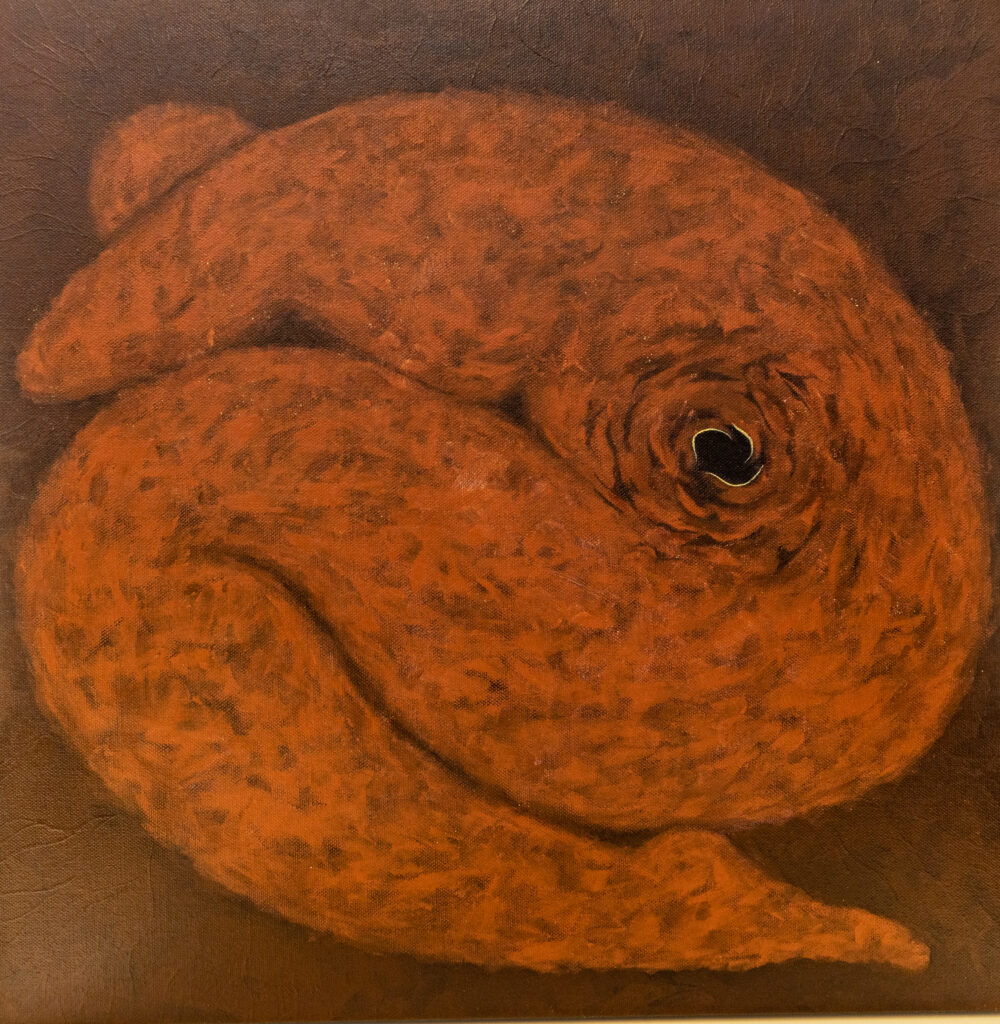
Kia ora, my name is Jess, and I am a Pakeha woman who studies Christian Theology. My interests as a researcher centre around the body – both how to live in bodies and how to hear the wisdom that the body brings to theology and the life of faith.
When I was growing up, Chrisitan faith and education had very little to say to me about embodiment, except that heavenly bodies were perfect (read: skinny) and unmarried bodies were virginal. This was all well and good until I hit puberty, and as the realities of being embodied started to clamour for my attention, I found my black and white framework quickly came up short. I had been told to save sex for marriage, but no one ever talked about other parts of my body that were nice to touch and have touched. I had been told to dress modestly, but no one ever mentioned how impossible this would seem when you are well endowed in the chest and butt area and people stare regardless. I had been told that Jesus welcomed the stranger, but no one ever said that maybe it was okay for teenage girls to have different boundaries. Desire, sexualisation, weight gain, modesty and the like, thoroughly complexified my experience of living as a Christian, but I didn’t know how or who to talk to about it.
This time in my life challenged me to assess what my underlying story about my body was, and question why it was predominantly one of suspicion and fear. The immediate source seemed obvious. At the level of my local Christian church, I was being coached on ‘good’ and ‘bad’ bodies, and if I strayed too close to the dividing line, I could count on being shamed for it. But entering theological education helped me see a bigger picture. Christian theology has historically been suspicious of the body’s so-called ability to corrupt and mislead, and in doing so has more closely subscribed to a Greek philosophical understanding of the human self, where the mind is the seat of personhood, and the body is an accessory in need of strict management. Back the lens up a little more, and the deep roots of patriarchy come into view, thick throughout our history of biblical interpretation, theological sense-making, and church structures in the Western world. All these factors conspire to multiply anxiety upon the body, especially the sexually active female body, and in many theological communities this cuts the dialogue between theology and embodiment short.
The body is such an important focus in my research because I am eager for theology to meet the body in the spaces where there has only been shame or silence (and sometimes that is an awkward silence) and finally have a two-way conversation. I am inspired by theologians such as Marcella Althaus-Reid, Hyun Kyung Chung, Lisa Isherwood, Karen O’Donnell, and Christy Bauman, who boldly draw the lived experiences of miscarriage, sexuality, discrimination, pleasure, fatness, and yearning into their theologising. Alongside and in partnership with them, I hunger for a theologically rich mode of being that pervades my entire life and is in accordance with the fact that God called all of creation very good (Gen 1:31).
A research project I have undertaken in pursuit of this is the dissertation I wrote as a part of my Postgraduate Diploma in Theology. In that work, I focused on menstruation and asked what resources menstrual themes and imagery could offer to theological ideas. One resonance I explored is the cycle of ‘life to death to life again’ that can be witnessed both at the centre of the Christian salvation story and unfolding periodically in women’s bodies. In exploring theology and menstruation together, I wanted to open a conversation in which menstrual bleeding could participate in the devising of theology and the outworking of faith, whether as bodily metaphor for theological ideas, or as an invitation into personal reflection and prayer. It is my hope that this work helps to trouble and transform in some small way the largely negative codification that menstruation receives in the Western world.
I’ve been a visual and textile artist for a few years now, and my art is as much of an overflow of my faith as my research is. Art becomes the way I respond to what I am reading, hearing, or seeing in the world around me with regards to the relationship between women’s bodies and God. Sometimes I am affirming the connections I find, and sometimes I am challenging them, but I am drawn to art making because it allows me to amplify the story about the body that I now want to hold, one in which bodies are good, and invited to speak about God. One example I wanted to share is the following piece titled “W/Tomb” (2023), in which I offer miscarriage as a holding image for what is happening in the Godhead when Jesus has died and been buried (inspiration from Karen O’Donnell!). Here a classically unapproachable mystery in theology – how can God be both alive and dead? – becomes palpable when viewed through the lens of the miscarrying body.
To conclude, what I love to do in my research work is think theologically about the body, especially at the intersection of what women’s experiences of embodiment can offer to the realities of faith, theology, and the sacred. For me, this work springs forth both from my place of deep aching for the conversations Christianity isn’t having yet about theology and the body, but also from my joyful belief that discourse is possible.

Jess Hall is an artist and theologian who is passionate about the intersections between female bodies and the divine. She is based in Ōtautahi (Christchurch) in New Zealand, and is currently working towards a Masters in Theology with Otago University.
